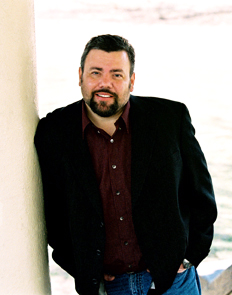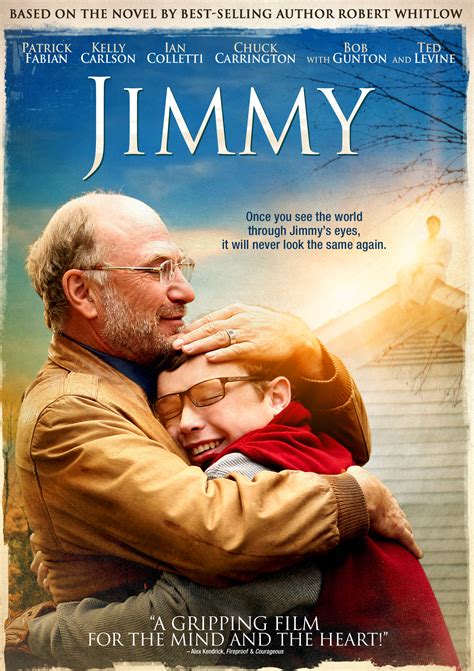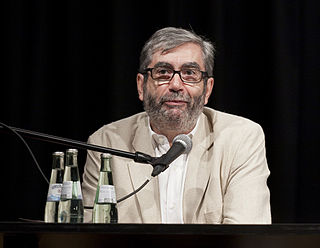A Quote by Robert Liparulo
Jerel Law has crafted a fantastic story that will leave every reader wanting more. Stop looking for the next great read in fantasy fiction for young readers-you've found it!
Related Quotes
I'm a compulsive reader of fiction. I fell in love with novels when I was a teenager. My wife Marilyn and I... our initial friendship began because we are both readers. I've gone to sleep almost every night of my life after having read in a novel for 30 or 40 minutes. I'm a great reader of fiction and much less so of non-fiction.
I do open endings on purpose. I expect a lot from my readers. I want them to do much of the work, because I believe that the story is built by the reader, not by the writer. I like having an open ending to a standalone fantasy, because it allows a continuing story to be written in the hearts of the readers.
If you are going to write, say, fantasy - stop reading fantasy. You've already read too much. Read other things; read westerns, read history, read anything that seems interesting, because if you only read fantasy and then you start to write fantasy, all you're going to do is recycle the same old stuff and move it around a bit.
No one can teach writing, but classes may stimulate the urge to write. If you are born a writer, you will inevitably and helplessly write. A born writer has self-knowledge. Read, read, read. And if you are a fiction writer, don't confine yourself to reading fiction. Every writer is first a wide reader.
When I write short fiction or novellas, I like to leave a hint of the fantastic, of the unreal. If you write a completely fantastic novel with ghosts and everything, the effect is less powerful than if you portray an absolutely realistic situation and, in the middle of this, you put a layer of fantasy, of mystery.
No one can teach writing, but classes may stimulate the urge to write. If you are born a writer, you will inevitably and helplessly write. A born writer has self-knowledge. Read, read, read. And if you are a fiction writer, dont confine yourself to reading fiction. Every writer is first a wide reader.
The most difficult part of writing a book is not devising a plot which will captivate the reader. It's not developing characters the reader will have strong feelings for or against. It is not finding a setting which will take the reader to a place he or she as never been. It is not the research, whether in fiction or non-fiction. The most difficult task facing a writer is to find the voice in which to tell the story.
Thoughts for Young Men abounds in reliable counsel and says - with a rare combination of seriousness and graciousness - the very things we need to hear. Young men, for whom it was written, will find it invaluable; but all Christians, men or women, young or old, can read it with lasting benefit. It deserves to be widely read and circulated, and will do spiritual good to every reader.
Most readers look at the photograph first. If you put it in the middle of the page, the reader will start by looking in the middle. Then her eye must go up to read the headline; this doesn't work, because people have a habit of scanning downwards. However, suppose a few readers do read the headline after seeing the photograph below it. After that, you require them to jump down past the photograph which they have already seen. Not bloody likely.
I really wish that peoplewould just say, 'Yes, it's a comic. Yes, this is fantasy. Yes, this is Science Fiction,' and defend the genre instead of saying, 'Horror is a bit passe so this is Dark Fantasy,' and that' s playing someone else's game. So that's why I say I'm a fantasy writer and to hell with 'It doesn't read like what I think of as a fantasy'. In that case what you think of as a fantasy is not a fantasy. Or there is more to it than you think.
When I am working on a book or a story I write every morning as soon after first light as possible. There is no one to disturb you and is it is cool and you come to your work and warm as you write. You read what you have written and, as you always stop when you know what is going to happen next, you go on from there. You write until you come to a place where you still have your juice and know what will happen next and you stop and try to live through until the next day when you hit again.































